Leigh Bardugo's Ruin and Rising, the final installment in the Grisha trilogy, is a masterful culmination of a series that has captivated readers with its rich world-building, complex characters, and intricate plotlines. Set against the backdrop of a war-torn Ravka, the stakes have never been higher as Alina Starkov, the Sun Summoner, grapples with her identity, her powers, and the looming threat of the Darkling, who has seized control of the capital from his shadow throne.
From the outset, Bardugo plunges us into a world that is both familiar and fraught with peril. The narrative opens with Alina in a vulnerable state, hidden away in the depths of the Fold, under the dubious protection of the Apparat and his zealous followers. This setting serves as a powerful metaphor for Alina's internal struggles; she is both a revered figure and a broken individual, grappling with the weight of expectations and the consequences of her past decisions. Bardugo expertly illustrates the theme of identity throughout the novel, as Alina must confront not only her role as a leader but also the darker aspects of her power.
Character development is one of Bardugo's strong suits, and in Ruin and Rising, we see significant growth in Alina and her companions. Alina's journey is marked by her quest for the elusive firebird, a mythical creature that holds the key to her strength and the fate of Ravka. As she embarks on this quest with Mal, her loyal tracker and love interest, the dynamics of their relationship evolve. Their bond is tested by the trials they face, and readers are treated to a nuanced exploration of love, sacrifice, and the complexities of human connection. Bardugo does not shy away from depicting the harsh realities of war and the toll it takes on relationships, making Alina and Mal's journey all the more poignant.
The Darkling, as the primary antagonist, is a character that embodies the theme of power and corruption. His evolution throughout the series has been compelling, and in this final book, Bardugo delves deeper into his motivations and vulnerabilities. The revelations about his past and his connection to Alina add layers to their relationship, blurring the lines between hero and villain. This complexity is reminiscent of other literary works where the antagonist is not merely evil but rather a product of their circumstances, such as in V.E. Schwab's Vicious. Bardugo's ability to create morally ambiguous characters adds depth to the narrative, inviting readers to question their own perceptions of good and evil.
As Alina and her allies navigate the treacherous landscape of Ravka, the theme of alliance and betrayal emerges prominently. Bardugo weaves a tapestry of political intrigue and shifting loyalties, forcing Alina to confront her past relationships and make difficult choices. The introduction of new characters and the return of familiar faces enrich the story, providing a sense of continuity while also challenging Alina's understanding of trust and friendship. This theme resonates with readers, as it reflects the complexities of real-world relationships and the sacrifices one must make for the greater good.
The pacing of Ruin and Rising is expertly handled, with Bardugo balancing moments of intense action with quieter, introspective scenes that allow for character reflection. The stakes are consistently high, and the tension builds as Alina's quest for the firebird unfolds. Bardugo's vivid prose brings the world of Ravka to life, immersing readers in its beauty and brutality. The descriptions of the magical elements, particularly the amplifiers and the firebird itself, are enchanting and serve to enhance the fantastical elements of the story.
Moreover, Bardugo's exploration of faith and belief adds another layer of depth to the narrative. Alina's status as a Saint complicates her journey, as she grapples with the expectations placed upon her by her followers and the reality of her own doubts. This theme resonates with contemporary discussions about the nature of belief and the impact of faith on personal identity. The way Bardugo navigates these themes is reminiscent of authors like Sarah J. Maas, who also explores the burdens of expectation in her works.
In conclusion, Ruin and Rising is a fitting conclusion to the Grisha trilogy, delivering a powerful narrative that explores themes of identity, power, love, and sacrifice. Bardugo's character development is rich and nuanced, allowing readers to connect deeply with Alina and her journey. The intricate plot, combined with the lush world-building, creates an immersive reading experience that lingers long after the final page is turned. For fans of fantasy literature, this book is a must-read, standing alongside other beloved series such as The Shadowhunter Chronicles by Cassandra Clare and The Bone Season by Samantha Shannon.
As Alina faces her greatest challenges yet, readers are left with a sense of hope and the understanding that true strength comes not from power alone, but from the connections we forge and the sacrifices we make for those we love. Bardugo has crafted a tale that is both epic in scope and deeply personal, ensuring that Ruin and Rising will resonate with readers for years to come.
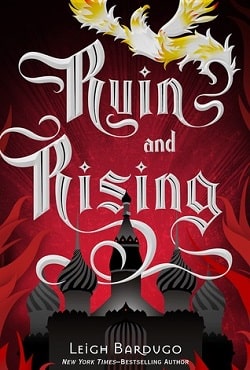



![How to Satisfy the Devil [Official]](/upload/pic/manga/how-to-satisfy-the-devil--official-.jpg)
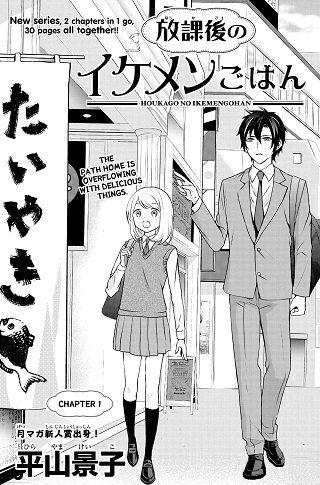

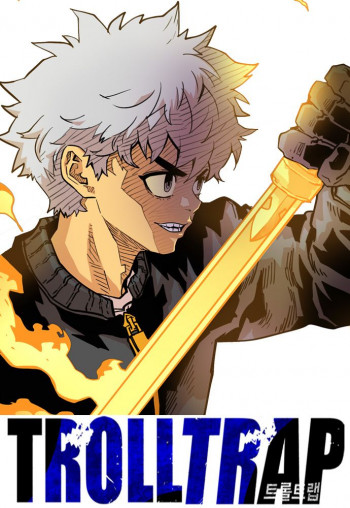

![The Monster Princess [Official]](/upload/pic/manga/the-monster-princess--official-.jpg)

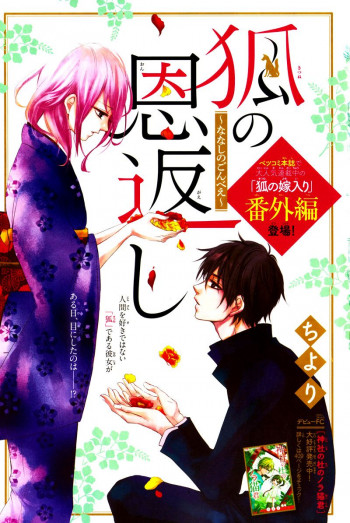
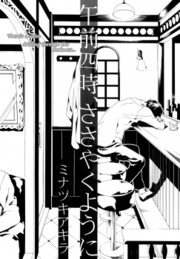










Reviews 0
Post a Reviews: